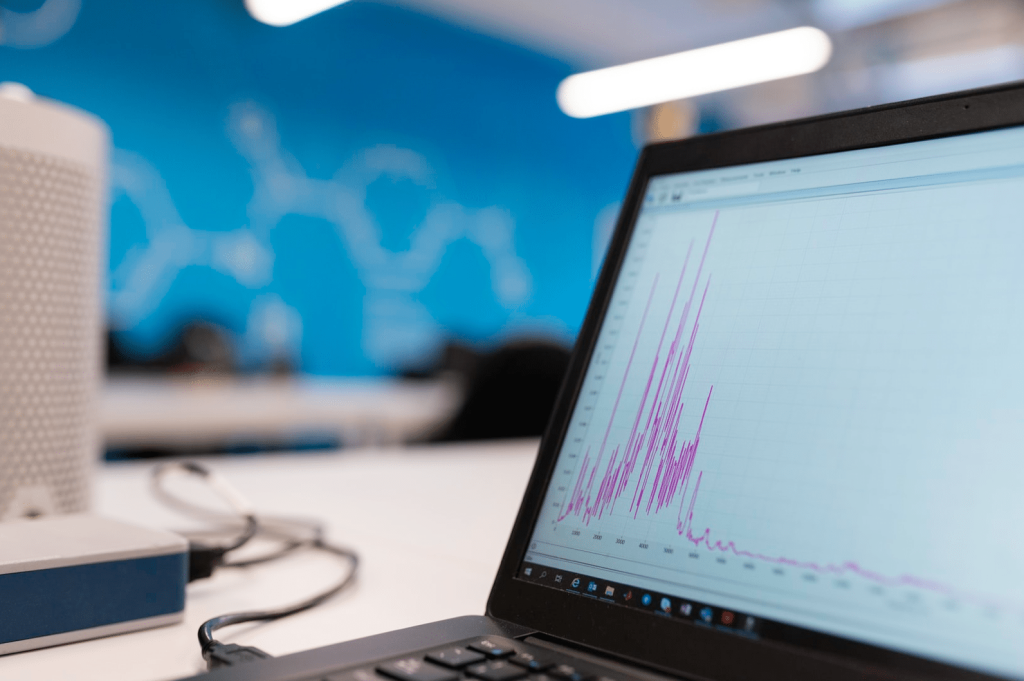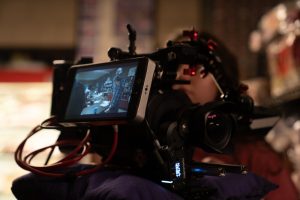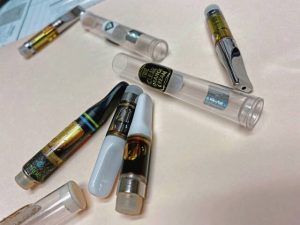
The accuracy of lie detector tests can be influenced by several factors, including the individual’s emotional state, physical condition, and cultural background. Anxiety, stress, and certain medical conditions might lead to false results. Additionally, the experience of professional lie detector test services across the United States and the examiner’s expertise plays a crucial role in the accuracy of the test.
False Positives and False Negatives
The professional lie detector test services across the United States can yield false positives, indicating deception when the person is truthful, or false negatives, failing to detect deception when the person is lying. These errors can occur due to the test’s sensitivity to physiological changes, leading to inconclusive results.
Controversies Surrounding Lie Detector Tests

Legal Acceptance of Polygraph Results
The admissibility of polygraph results as evidence in legal proceedings varies across jurisdictions. Many courts do not consider them reliable evidence, while others may allow them under certain circumstances. The controversy lies in whether lie detector tests meet the criteria of scientific validity and courtroom standards.
Ethical Concerns
Using lie detector tests raises ethical questions regarding individual rights and privacy. Critics argue that such tests may infringe upon personal freedoms and lead to unwarranted discrimination.
Alternatives to Lie Detector Tests
Cognitive Behavioral Analysis
Cognitive Behavioral Analysis (CBA) is a method of detecting deception by analyzing verbal and non-verbal cues. Unlike lie detector tests, CBA focuses on content analysis rather than physiological responses.
Statement Analysis
Statement analysis involves scrutinizing the language and structure of a person’s statement to identify signs of deception. This technique aims to detect discrepancies or inconsistencies in the person’s narrative.
The Use of Lie Detector Tests in Different Settings
Law Enforcement
Law enforcement agencies have historically utilized lie detector tests during criminal investigations. However, the practice’s effectiveness and fairness have come under scrutiny.
Employment Screening
Some employers use lie detector tests as part of the pre-employment screening process. However, this practice is subject to legal restrictions in many jurisdictions.
Criminal Investigations
Lie detector tests may be employed in criminal cases to gather additional information or corroborate evidence. However, they are rarely used as the sole determinant of guilt or innocence.
Criticisms and Support for Lie Detector Tests
Arguments Against Lie Detector Tests
Critics argue that lie detector tests lack scientific validity and are susceptible to error, potentially leading to wrongful accusations. The subjective interpretation of results by examiners also raises concerns.
Arguments in Favor of Lie Detector Tests
Proponents of lie detector tests assert that they serve as valuable tools for investigators and can encourage truthfulness in some individuals. When administered by experienced professionals, they can provide valuable insights.







